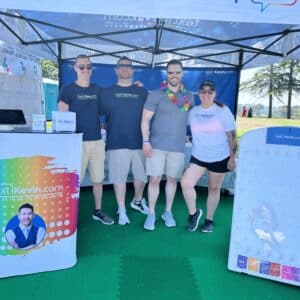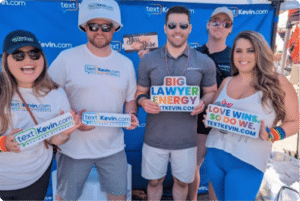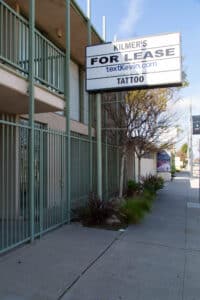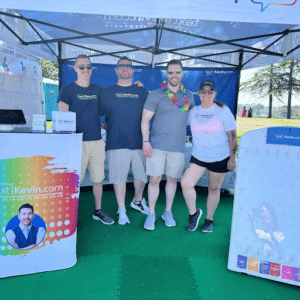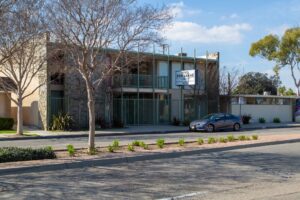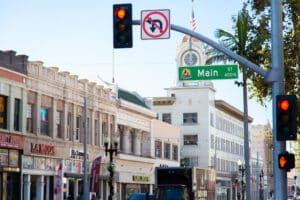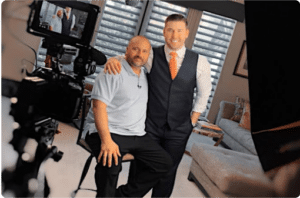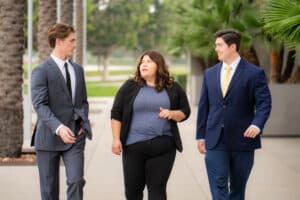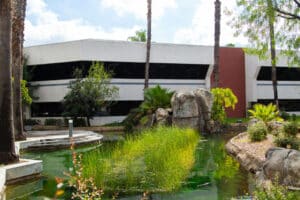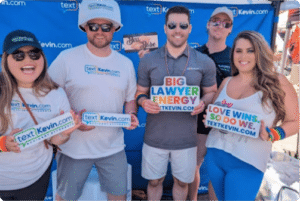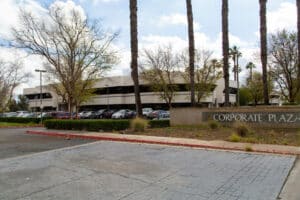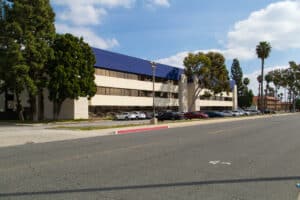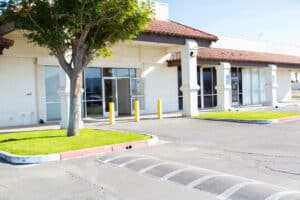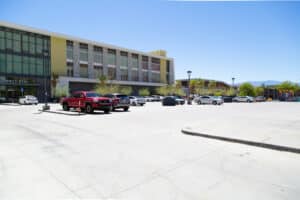Accepting a death that should have never happened is very difficult, more so when it was someone else’s fault. In California, you can secure compensation if the at-fault person’s purposeful action or inaction caused the untimely demise of your loved one. Although no amount of money will help you get over your loss, the compensation will go a long way in covering medical, funeral, and other expenses linked to the death and overcome some of the many challenges.
With the expert legal representation of a compassionate Indio wrongful death lawyer from Crockett Law Group, you may secure the compensation provided under California law and hold the responsible party to account. We have been helping injured victims in California get the help they deserve for many years.
If someone dear to you was killed in an accident caused by another person’s negligence, our California wrongful death attorneys could help. Call [phone] to schedule a free, no-obligation case assessment with our Indio personal injury lawyers. Get Crockett Law and get results!
How Does The State of California Define Wrongful Death?
The following criteria describe wrongful death in California:
- There exists a surviving family member or estate representative to bring the claim;
- The defendant was negligent or strictly liable or for the loss of life;
- The defendant was entirely or partially responsible for the decedent’s death;
- There are financial (economic) damages associated with death.
As in most states, a California wrongful death claim arises when someone dies due to the legal fault of someone else or entity. A wrongful death may arise due to:
- Incidents caused by negligence or recklessness like car accidents
- Medical malpractice accidents, and
- Intentional actions.
Generally, with personal injury lawsuits, the defendant’s culpability in a wrongful death claim is entirely expressed in terms of damages (financial compensation), which the defendant is ordered by the court to pay the deceased person’s survivors.
Who Qualifies to Bring A Wrongful Death Claim in A California?
California’s wrongful death statute states that only the following people qualify to sue for wrongful death:
- The decedent’s domestic partner or surviving spouse;
- The decedent’s surviving children and
- The grandchildren of any deceased child of the decedent.
If the decedent does not have any surviving family members, then a wrongful death lawsuit can be lodged by anyone who would be entitled to the decedent’s property by intestate succession. It can include the decedent’s siblings, or the decedent’s parents, whoever is alive at the time of the deceased individual’s untimely demise.
In addition to the aforementioned individuals, the following people can also file a wrongful death claim in California:
- The decedent’s putative spouse (this could be an individual who had a good faith but mistaken belief that he or she was in a lawful marriage with the decedent)
- Children of the decedent’s putative spouse
- The deceased person’s stepchildren
- The deceased person’s parents, and
- The legal guardians of the decedent, if the parents are deceased.
The people mentioned above are only allowed to bring forth a wrongful death lawsuit if they can prove they depended on the deceased person financially.
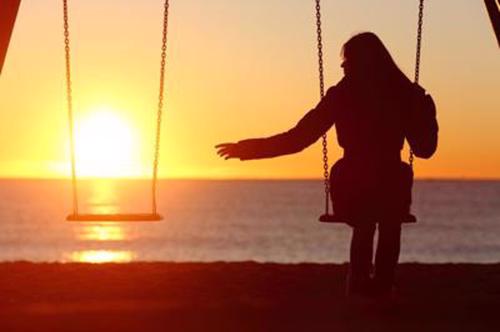
Which Types Of Damages Are Recoverable In A California Wrongful Death Claim?
According to CACI No. 3921 (the Judicial Council of California Civil Jury Instructions – Wrongful Death of an Adult), surviving family members in a California wrongful death lawsuit can recover two categories of damages: economic and non-economic.
Recoverable economic damages can include:
- Any financial support the decedent would have contributed to the family
- Burial and funeral expenses,
- Loss of benefits or gifts that the family/family member would have expected to receive from the decedent, and
- The dollar value of household services that the deceased person would have provided.
As per CACI No. 3921, non-economic damages seek to compensate family members for the following impacts:
- Loss of the decedent’s “love, care, comfort, companionship, protection, affection, assistance, and moral support”
- Loss of the deceased person’s guidance, and
- Loss of consortium.
Can Surviving Family Members File For Punitive Damages?
No. Under California law, surviving family members, even the decedent’s spouse or other beneficiaries cannot generally obtain punitive damages in wrongful death claim except if the departed died as a result of a felony homicide for which the party responsible has been criminally charged and convicted. The only way punitive damages are available is through an estate claim on behalf of the deceased’s estate.
How Is Negligence Proved In A California Wrongful Death Case?
To prove negligence in a California wrongful death case, the plaintiff must prove that all elements of wrongful death, a duty of care, breach of duty, causation, and damages were present.
Duty of Care
The plaintiff must show the court that the defendant(s) owed the deceased person a duty of care in the situation they were in. For example, in wrongful death caused by a car accident, the plaintiff must prove to the court that the defendant was obliged to obey traffic rules and drive carefully.
Breach of Duty of Care
The plaintiff must provide evidence in court to show that the defendant’s inaction or actions breached the duty of care owed to the decedent. Again, from our previous example, the plaintiff must prove that the defendant breached the duty of care owed to the deceased person by failing to obey traffic laws like running a red light or speeding.
Causation
When the plaintiff only shows that the defendant breached a duty in some way or broke the law in some other manner, it is not enough. The plaintiff must also prove that a particular action or inaction by the defendant was the direct cause (and not some other factor) of the wrongful death. So, even if the defendant was speeding while driving, he/she is not liable for the deceased’s death if the death if something else cause it, such as a mechanical malfunction on the decedent’s vehicle.
Damages
The defendant’s action or inaction directly caused the decedent’s untimely death.

How Do You Begin a Wrongful Death Claim in California?
Pre-litigation
This step involves preparing to file a lawsuit. The deceased’s estate personal representatives, along with the attorney, need to:
- Set up the estate in the decedent’s home county or where the deceased person might have filed a personal injury claim if they were alive. The civil claim must be brought within two years from the date of the death.
- Investigate the facts and circumstances of the death. The estate will set up an inquiry to lead investigations through the help of their attorney.
- Determine and notify responsible parties. Once the investigations are done, the attorney will inform the at-fault party about the intent to file a civil claim against them.
- Negotiate & Settle. Sometimes, the defendant may approach the plaintiff with an offer to settle the case out of court. You can still proceed with your lawsuit if you don’t take the deal.
File the Claim
If negotiations grind to a halt, it’s time to bring forth a wrongful death lawsuit. A Crockett Law wrongful death attorney will help you commence the claims process by filing a complaint that the defendant will be served with.
Litigation
This process includes pre-trial, trial, and arbitration. During the litigation process, the case will proceed to trial if no consensus is reached through negotiations. At the end of the trial, the presiding judge or jury will deliver a final verdict which will determine the amount of settlement or compensation the plaintiff will be awarded.
What is the Difference Between A Wrongful Death Claim And A Survival Action Claim?
In Indio, California, when someone dies as a result of someone else’s recklessness, negligence, or malicious act, the wrongdoer may be faced with:
- A wrongful death claim to compensate the survivors for their losses, and
- A survival action claim to compensate the decedent’s estate for losses suffered prior to their death.
California Code of Civil Procedure 377.30 is responsible for authorizing estate claims. An estate claim is also called survival action because it gives the decedent’s estate the right to sue for damages. Estate claims do not recover damages for the losses of the deceased’s family members, unlike a wrongful death lawsuit. Instead, it lets the decedent’s estate sue for losses that the deceased person incurred due to the wrongful act before he/she passed on.
Further Reading
Call a Seasoned Indio Wrongful Death Lawyer
When someone you care for dearly dies suddenly and unexpectedly, it can be very tragic. The devastation can cause overwhelming grief to surviving family members. During such challenging times, it may be difficult for the survivors to handle the legal issues that follow. That is where Crockett Law Group comes in!
For many years now, Crockett Law has helped many California families get through difficult times after losing a loved one, and we want to be there for your family too. If another person’s recklessness and negligence caused the death of someone close to you, Crockett Law has highly experienced wrongful death attorneys that can get justice for you and your family. Do not wait any longer; call our Indio wrongful death lawyers at [phone] or fill in our contact form to get the legal help your family deserves.





































